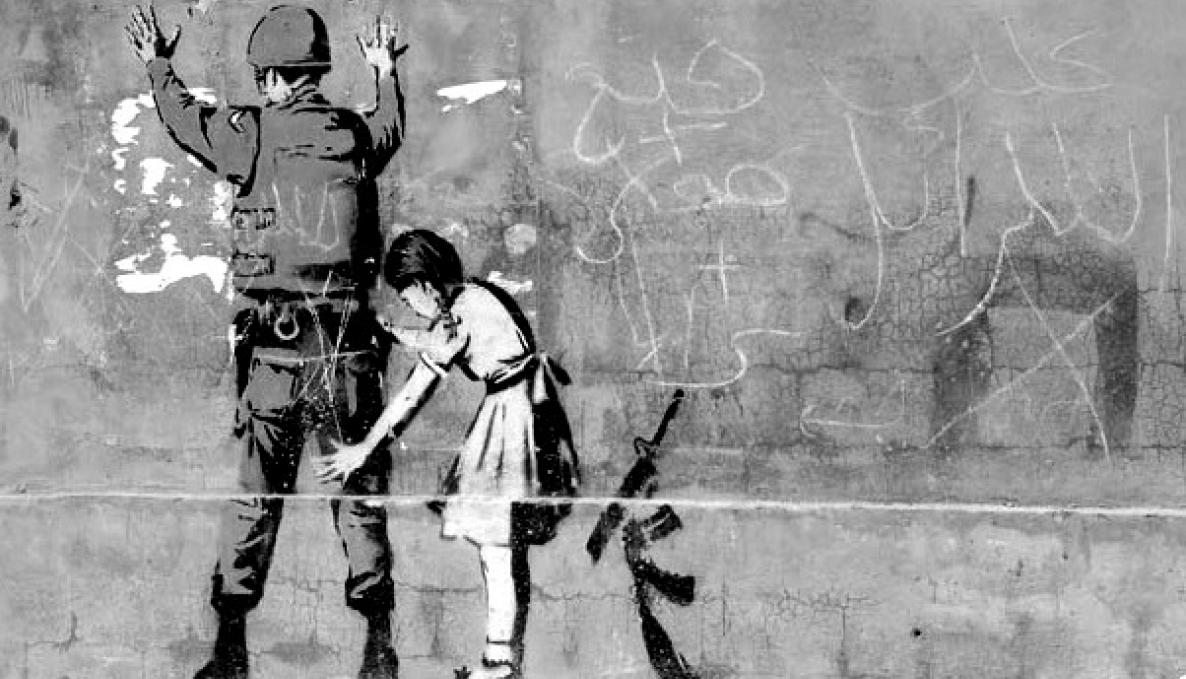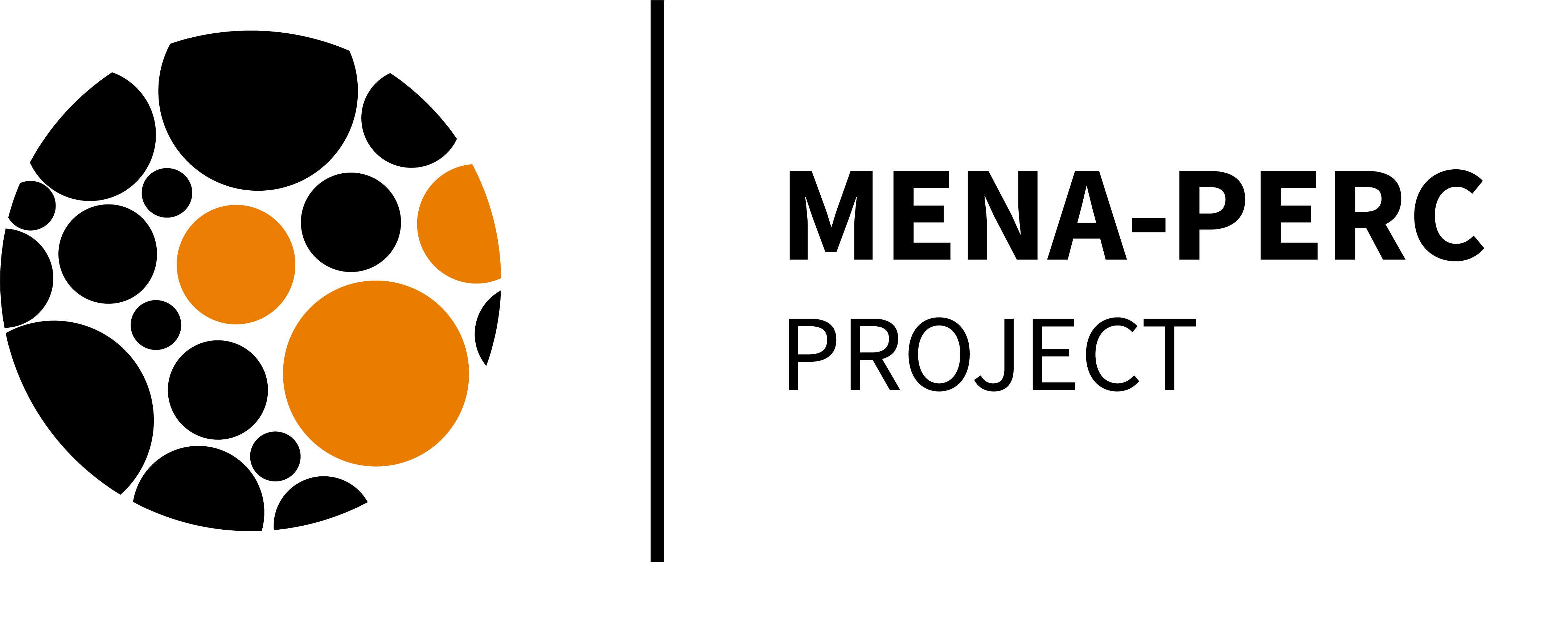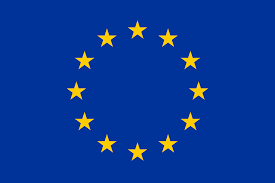SPIRE - Security, Politics and International Relations

SPIRE is a research unit on international politics and security. It focuses on regional and transnational security, political (dis)order and critical geopolitics. We study social and political change with attention to conflict, contestation and the transformation of political orders. Our main research lines cluster around:
- critical approaches to security: security (and humanitarian) discourses, practices and technologies;
- the politics of autocracy: social and political origins of autocratic orders, autocratization and democratization, contestation and autocratic resilience;
- reconfigurations of territoriality and regional security models: critical border studies, hybrid security orders, extra-legal economies and resource wars;
- armed actors and political order: civil-military relations and military coups, the politics of security assistance and defense cooperation, and dialogue with armed actors.
- state formation and transformation: transnational organised crime, terrorism, inter-community conflicts, migration and climate change.
Our projects cover the MENA region, West Africa (Sahel), Eastern Europe (Ukraine), the Caucasus and the Balkans.
Our research blog
Ongoing research projects
(2023-2027) MENA-PERC - Political Elites and Regime Change in the Middle East and North Africa, funded by the European Research Council (ERC consolidator project)
Elite compromise is associated with the emergence of democracy, while elite conflict is likely to give Whether political elites accommodate or exclude their rivals during regime crises can be a matter of life and death. Following the 2011 uprisings in the Middle East and North Africa (MENA), elite compromise sustained a fragile democratic transition in Tunisia, while elite conflict triggered a coup in Egypt. Tunisia has since seen three democratic elections, but has experienced democraric breakdown in 2021. Why do elites in some cases pursue accommodation while they push for excluding their rivals in others?
MENA-PERC proposes an answer to this puzzle: the degrees of asymmetry and polarization between regime coalitions and their challengers shape elite preferences for accommodation or exclusion. These preferences, in turn, determine the type of regime emerging from crisis. Regime coalitions comprise elites who provide crucial links to social constituencies and whose collective support stabilizes the regime. The project theorizes the role of these actors, linking macrolevel outcomes in terms of regime types to evidence on the microlevel of individual elites.
The project draws on evidence from 13 regime spells in three MENA countries across more than a century. Regime coalitions are identified by focusing on members of parliament in Egypt (1882-present), Tunisia (1907-present), and Turkey (1908-present), observing processes of elite change empirically based on individual-level data on these elite members and leveraging these data in a mixed-methods design. Second, the project traces causal mechanism through elite surveys and in-depth fieldwork examining authoritarian consolidation in contemporary Egypt, democratization and democratic breakdown in Tunisia, and democratic backsliding in Turkey. The project makes three contributions. It theorizes why elites accommodate or exclude during regime crises; it pioneers an innovative way of testing this model by observing elite change over time; and it traces the models causal mechanisms in ongoing processes of regime change.
Project members:
- Kevin Koehler, Associate professor, PI
- Dafne Carletti, technologist
- Camille Abescat, post-doctoral researcher
- Théo Blanc, post-doctoral researcher
- Berker Kavasoglu, post-doctoral researcher
- Lorenzo Fruganti, PhD candidate
- Julius Strunk, PhD candidate



(2024-2026) RE-ENGAGE - Re-engaging with neighbours in a state of war and geopolitical tensions, funded by HorizonEurope
Russia’s war against Ukraine has radically altered European security. Confronted by the direst security crisis in decades, EU policymakers are forced to fundamentally rethink their security and defence policies. Europe has demonstrated unexpected unity and resolve, adopting a series of sanctions against Russia, increasing national defence spending, but also by deciding on a historic revival of the EU enlargement process.
Still, there is an urgent need to make sure that this process contributes to democratic, well-functioning and stable neighbourhood states, capable of countering external threats, particularly those posed by hybrid warfare. A thorough investigation is required to determine how this can be achieved without compromising the EU’s values and security in the current context.
RE-ENGAGE’s overarching ambition is to assist the EU in refining its foreign policy toolbox, including its enlargement and neighbourhood policies. This will enhance the Union’s geopolitical leverage and provide better tools for democracy promotion in its neighbourhood. To achieve this goal, RE-ENGAGE will conduct in-depth studies in six candidate countries – three in the Western Balkans (Albania, Bosnia & Herzegovina and Serbia) and three in the Eastern Neighbourhood (Georgia, Moldova and Ukraine).
The Norwegian Institute of International Affairs is the project coordinator, while the Sant’Anna School for Advanced Studies is involved as a partner institution coordinating the research activities related to the Eastern Neighbourhood. Our partners on the Eastern Neighbourhood are: Eastern European Centre for Multiparty Democracy (Georgia), Ukrainian European Studies Association (Ukraine), Moldova State University (Moldova) and Lund University (Sweden).
The other project participants are the following institutions: European Council on Foreign Relations, Institute of International Relations Prague (Czech Republic), Centre for Advanced Study Sofia ,European University of Tirana (EUT) (Albania), Institute for Contemporary History, Belgrade (Serbia), and University of Sarajevo (Bosnia & Herzegovina).
Project members:
- Francesco Strazzari, Full Professor, PI
- Sophie Gueudet, post-doctoral researcher
This project has received funding from the European Union's Horizon Europe research and innovation programme under grant agreement No 101132314.


(2024-2026) NIJAR - Negotiating with Islamist and jihadi armed groups: practices, discourses and mechanisms across Asia and Africa funded by the Italian Ministry of University and Research (PNRR PRIN project)
Over recent years, more and more instances of political dialogue between militant Islamist groups and states at the local, regional, and international levels have emerged. The NIJAR project aims to systematically map negotiation initiatives between states and militant Islamist groups from the 1990s to the present across various global regions to identify commonalities and differences in negotiation preconditions and outcomes. A specific focus is placed on the religious discursive practices used by states and groups to legitimize their dialogue, examining case studies in Afghanistan, the Sahel, and Syria to understand the interplay between religious discourse and negotiation. The project aims to uncover preconditions leading to political engagement and negotiations, adopting a processual and relational perspective on peace, conflict, and negotiation dynamics. Through this approach, NIJAR seeks to trace mechanisms and variations of political engagement across its case studies, aiming to contribute to the broader understanding of negotiation processes with militant Islamist groups. The NIJAR project aims to enhance understanding of conflict resolution in Islamist and jihadi insurgencies through a novel theoretical and empirical approach, overcoming current academic limitations by integrating critical security studies and area studies. The research methodology involves generating hypotheses through literature review, refining them via case studies and qualitative analysis, and conducting a comparative analysis to identify trends and models, employing a mix of methods including discourse analysis and process tracing to ensure thoroughness and context sensitivity.
Project members:
- Francesco Strazzari, Full Professor, PI
- Laura Berlingozzi, post-doctoral researcher
- Marta Cavallaro, research fellow
Project outcomes:
- Working Paper “From conflict to contact: Negotiating with militant Islamist and jihadi groups in the Sahel and Middle East”
- NIJAR Conference: “If they offer you peace…” (Q 4:90). Negotiations in Jihadi thought and praxis. Milan, 12 December 2024. For a brief overview of the Conference, click here.
(2023-2025) SHUT-MED - Securitizing Human Transit across the Central Mediterranean migratory corridor: shifting mobility governance discourses and practices in Italy, Malta, Libya, and Niger funded by the Italian Ministry of University and Research (PRIN project)
“SHUT-MED: Securitizing Human Transit across the Central Mediterranean migratory corridor: shifting mobility governance discourses and practices in Italy, Malta, Libya, and Niger” is a 24-month research project led by prof. Eugenio Cusumano, University Messina and co-led by Dr. Luca Raineri, with the support of postdoctoral researcher Dr. Chiara Loschi, both at Sant’Anna School of Advanced Studies, DIRPOLIS Institute.
SHUT-MED examines how irregular mobility across the Central Mediterranean has been securitized between 2000 and 2023, why the framing of migrants as threats has changed across countries and over time, and the impact of such processes on the practices enacted by migration governance stakeholders operating at the borders of Niger, Libya, Malta, and Italy. By tracing how migration discourses and practices diffuse across actors, countries, and borders along the Central Mediterranean route through externalization and privatization, SHUT-MED does not only examine the governance of human mobility, but also the mobility of human mobility governance.
The projects’ systematic mapping effort translate into the need to answer a set of inter-related research questions. what actors are involved in mobility governance along the CMR? What institutions shape their interactions? What discourses (both textual and visual) does each of these actors develop and disseminate? What practices and technologies do they deploy?
Methodologically, SHUT-MED adopts an inter-disciplinary approach informed by mixed-methods. SHUT-MED systematically examines the impact of events and geopolitical shifts as diverse as the 9/11 attacks and the ensuing global war on terrorism, the Arab Uprisings, the rise of the Islamic State, and the Ebola and Covid-19 epidemic outbreaks, not to mention the domestic political shifts that occurred in each of the countries analysed.
Project members:
- Luca Raineri , researcher, PI
- Chiara Loschi post-doctoral researcher
(2023 - 2024) ACRES-WA – Advancing Climate Resilience and Enhancing Security in West Africa, funded by the Italian Ministry of Foreign Affairs and International Cooperation
Climate change is causing severe adverse impacts in the entire West African region, endangering the survival of communities that rely on fragile agricultural subsistence systems, and its negative effects are anticipated to intensify in the future. Evidence suggest that climatic stressors significantly contribute to the escalation of social and economic crises that are already undermining the stability of several countries in the region, exacerbating conflicts.
ACRES-WA aims to combine climate science, agriculture and political sciences to enhance the capacity of coping with climatic stressors, contributing to food security and offering new tools for tackling the drivers of conflicts and violent extremism in the Northern region of Côte d’Ivoire. The overall ambition of the project is to support the development of climate services, including forecasting tools, that are relevant for local farmers and pastoralist communities to enhance food security and increase agricultural productivity. This will contribute defusing conflict between farmers and pastoralist communities, which have been intensifying due to the deregulation of rainy and dry seasons and the modification of traditional transhumance routes and timing. The polarization of identities that ensues is largely viewed as one of the most important drivers of mobilization by violent extremist groups in the region.
The research is carried out by an interdisciplinary research team combining agrometeorology and political sciences.
Project members:
Center of Plant Science (CPS)
- Mario Enrico Pe', Full Professor, PI
- Matteo Dell’Acqua, Full Professor
- Leonardo Caproni, Assistant Professor
- Valentina D’Amico, Assistant Professor
- Robel Takele Miteku, PhD student
Institute of Law, Politics and Development (DIRPOLIS)
- Francesco Strazzari, Full Professor, PI
- Luca Raineri, Assistant Professor
- Sara de Simone, post-doctoral researcher
Project outcomes:
- Policy brief “Advancing Climate Change Resilience and Enhancing Security in West Africa”, Dr Valentina D’Amico, Dr Sara De Simone, Dr Luca Raineri, Stefania Sellitti, Mariachiara Boldrini.
- Technical report “The Impact of Climate Change on Security and Conflicts in Cote d’Ivoire”, Dr Sara De Simone, Dr Luca Raineri, Mariachiara Boldrini.
(2024-2025) REJOWA - Resilience to the Expansion of Jihadist Organizations in West Africa
In several West African countries, particularly in the Sahel, peace, stability, social cohesion, and overall resilience are under increasing strain. For over 15 years, jihadist groups have expanded their influence in the Sahel, leading to large-scale insurgencies. However, their anticipated spread from the Sahel to the Gulf of Guinea has been uneven: while some countries have experienced attacks, others have remained largely unaffected. The reasons behind this variation remain insufficiently explored.
To address this gap, the Resilience to the Expansion of Jihadist Organizations in West Africa (REJOWA) project aims to identify and analyze the key factors that have enabled certain Gulf of Guinea countries to resist the expansion of jihadist groups.
Ghana, due to its unique position, will serve as the project's primary case study. Despite several vulnerability factors—such as a shared border with Burkina Faso and the presence of artisanal gold mining—Ghana has so far remained immune to jihadist attacks. A comparative analysis, with Ghana at its core, will provide valuable insights into different national responses to jihadism and the critical resilience factors shaping security dynamics across West Africa.
The REJOWA project will employ a combination of research methodologies, including literature review and semi-structured interviews. Additionally, crop modeling will be used to map and assess the impact of climate change on staple food production at the regional level. Climate change is one of the main drivers of food insecurity and rural youth unemployment, both of which can have significant implications for security and the spread of jihadism.
Project Members:
Institute of Law, Politics and Development (DIRPOLIS):
- Francesco Strazzari, Full Professor, PI
- Luca Raineri, Assistant Professor
- Martha Populin, Postdoctoral researcher
Institute of Plant Science (ISP):
- Matteo Dell’Acqua, Full Professor
- Leonardo Caproni, Assistant Professor
- Valentina D’Amico, Assistant Professor
- Stefania Sellitti, Research collaborator
Recent Research Projects
(2021-2023) PRISMA – Promoting Resilient, Inclusive and Safe CoMmunities in the Horn of Africa: in search of mutually beneficial solutions”
(2020-2022) PREVEX – Preventing Violent Extremism in the Balkans and the MENA: Strengthening Resilience in Enabling Environments, funded by EU H2020
(2019-2022) FRAGVENT – Fragile states and violent entrepreneurs: conflict, climate, refugees, funded by the Norwegian Research Council
(2016-2019) EUNPACK Good intentions, mixed results – A conflict sensitive unpacking of the EU comprehensive approach to conflict and crisis mechanisms, funded by EU H2020
(2022-2023) ETRA-ID - Engaging Traditional and Religious Authorities in the Sahel: The Role of Interreligious Dialogue, funded by the Italian Ministry of Foreign Affairs
In the face of the pressing threat to the security and cohesion of Sahelian communities posed by the expansion of jihadist insurgencies and intra- and inter-communal conflicts, the project wishes to understand whether, to what extent, and under what conditions the calls for dialogue promoted by religious and traditional authorities can contribute to strengthening social cohesion, community resilience, and political stability in the region.
The research questions driving the project are to what extent can the calls for dialogue promoted by religious and traditional authorities play a mitigating role in conflicts and promote community resilience? And what are the conditions and mechanisms that determine the success or failure of such dialogue initiatives? In this regard, the ETRA-ID project’s overall objective is to explore the role and potential of traditional authorities and religious leaders in inter-religious, interfaith, intra- and inter-communal reconciliation. To achieve its objectives, the ETRA-ID project is structured around the comparative analysis of two emblematic cases of dialogue potential promoted by traditional and religious authorities in the Sahel: Mauritania and Niger.
Project members:
- Francesco Strazzari, Full Professor, PI
- Luca Raineri, researcher
- Laura Berlingozzi, post-doctoral researcher
Project outcomes:
- Policy Brief "Religious dialogues, community resilience and peacebuilding in the Sahel", Dr Luca Raineri
- Working Paper "Sahelian Dialogues: The Path to Resilience through Religious and Traditional Authority", Dr Laura Berlingozzi


